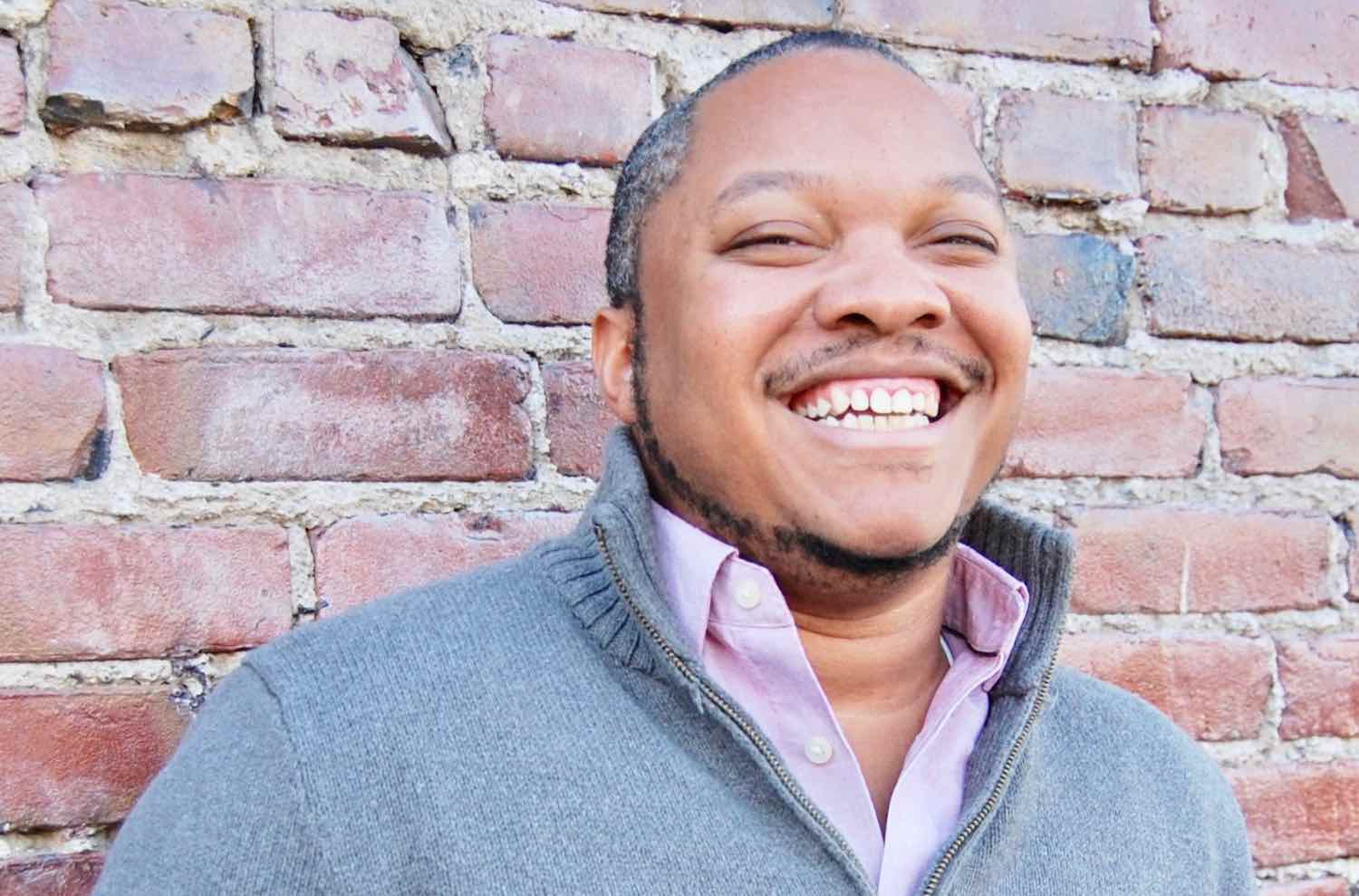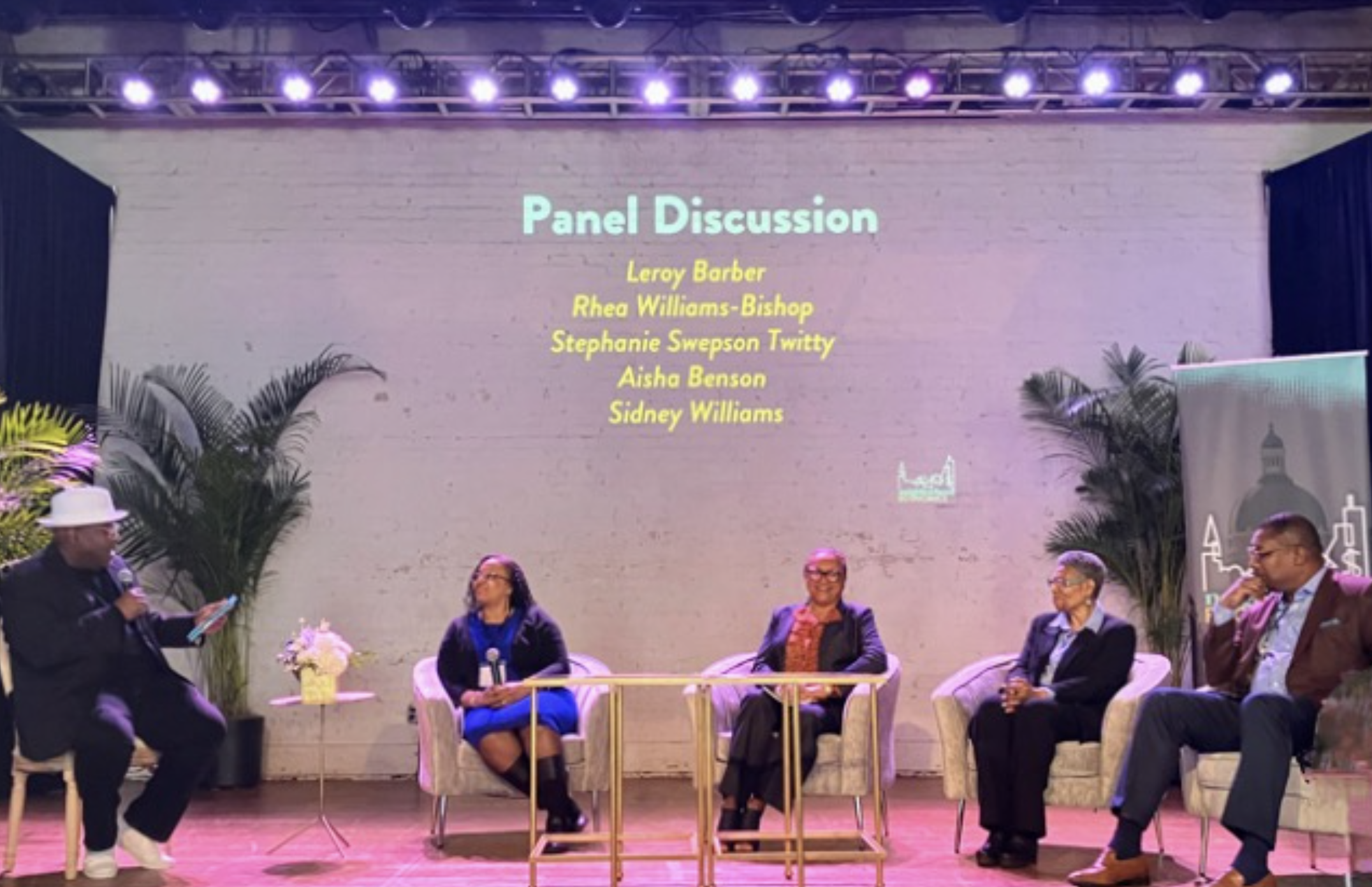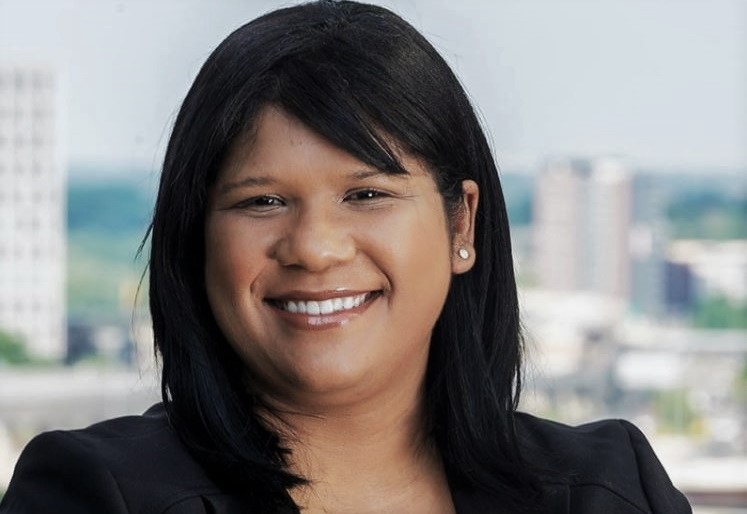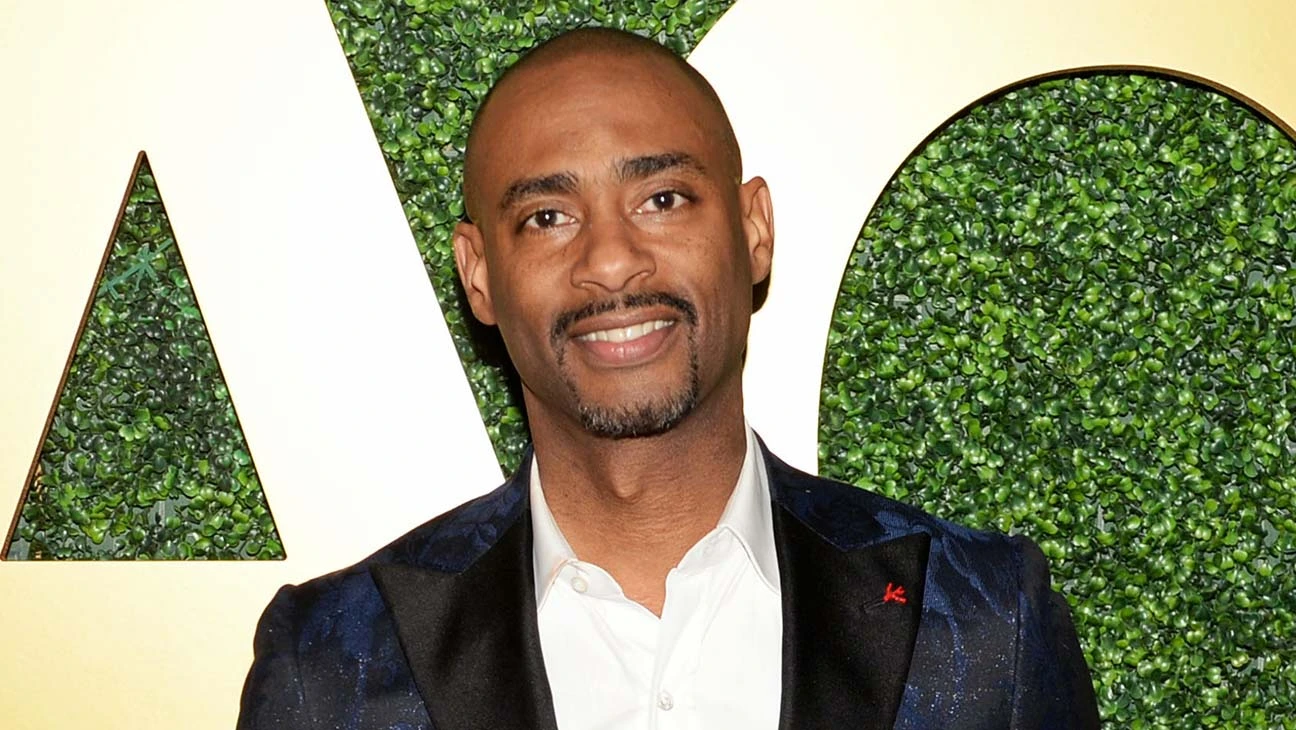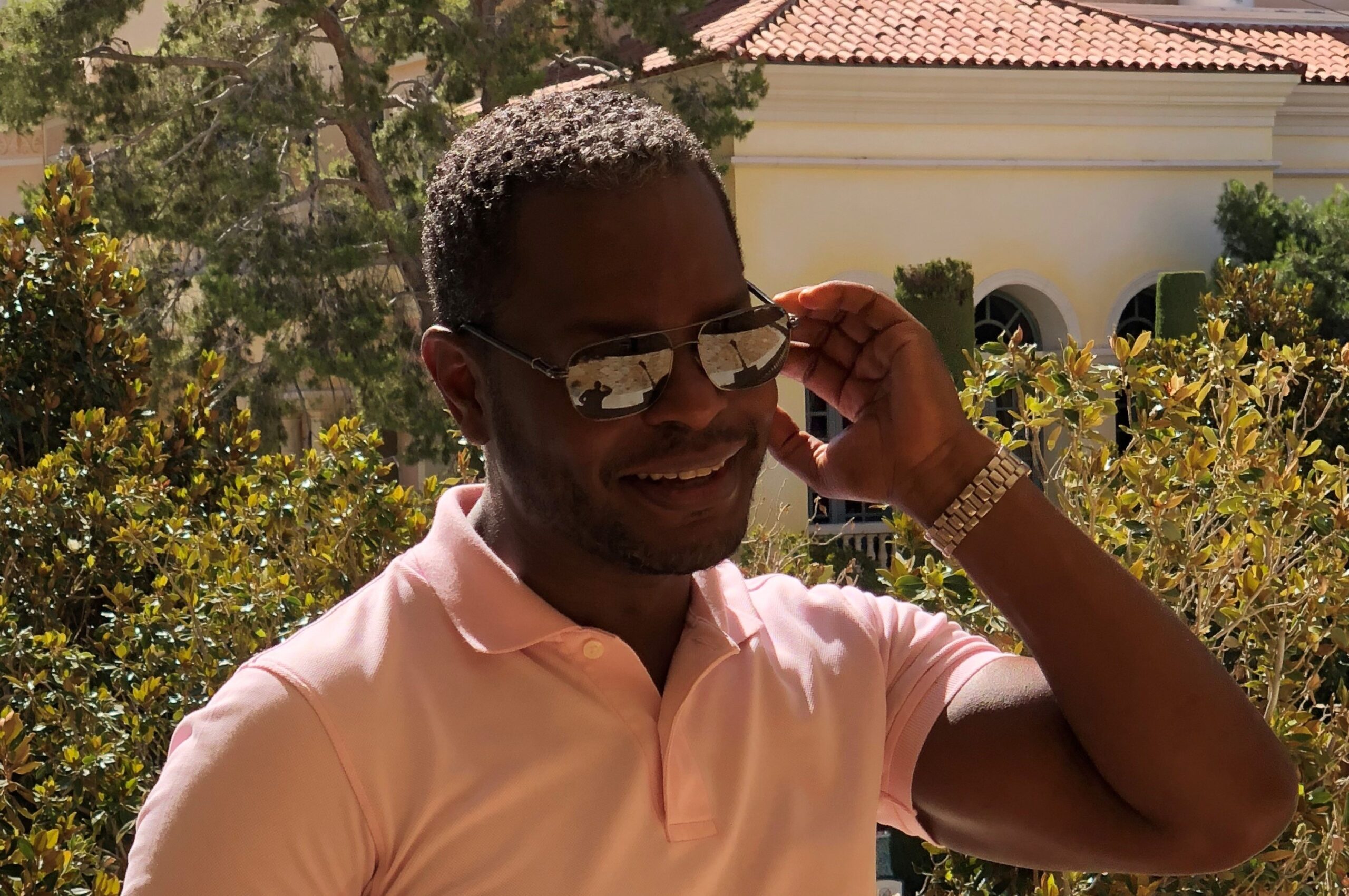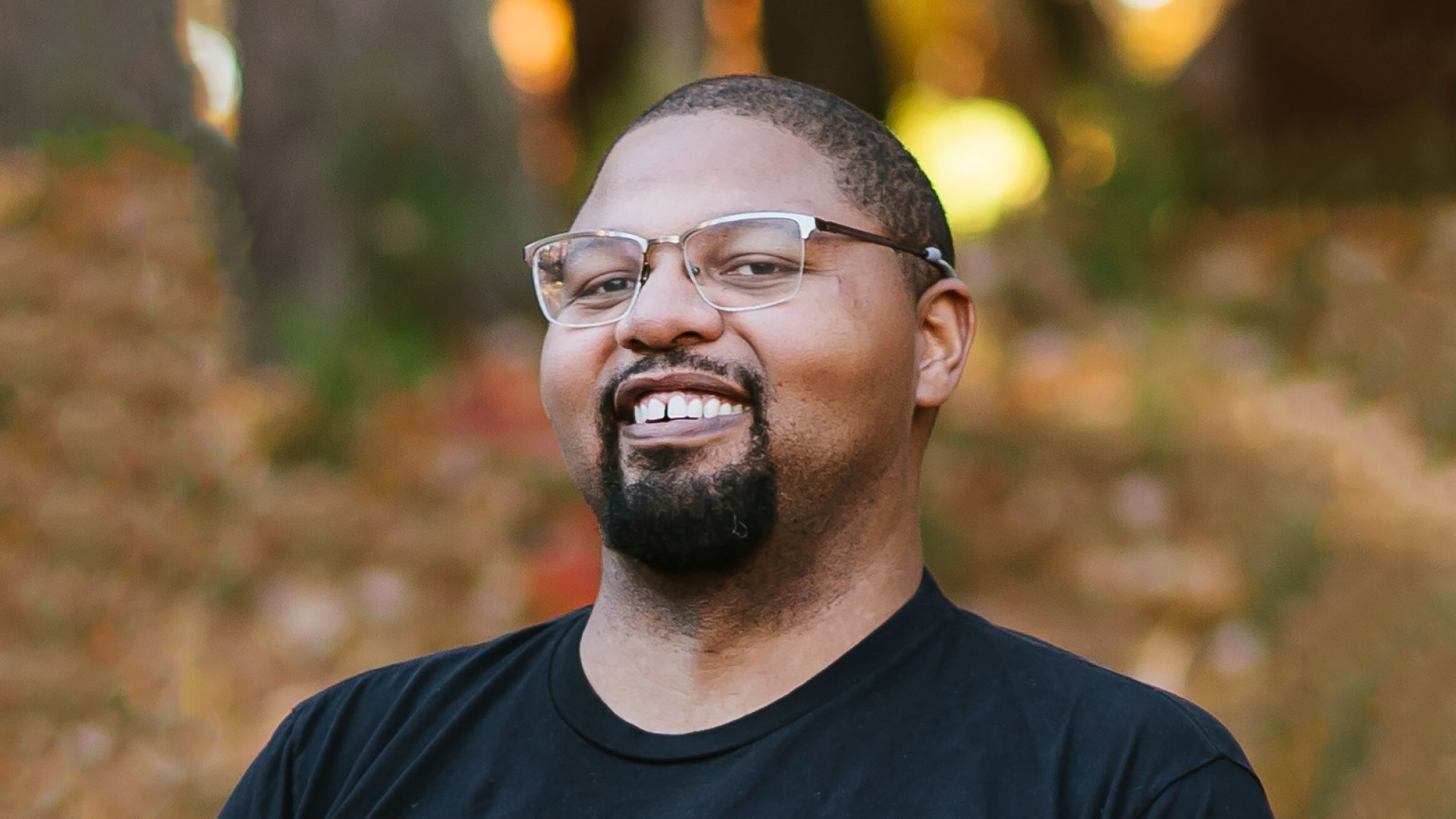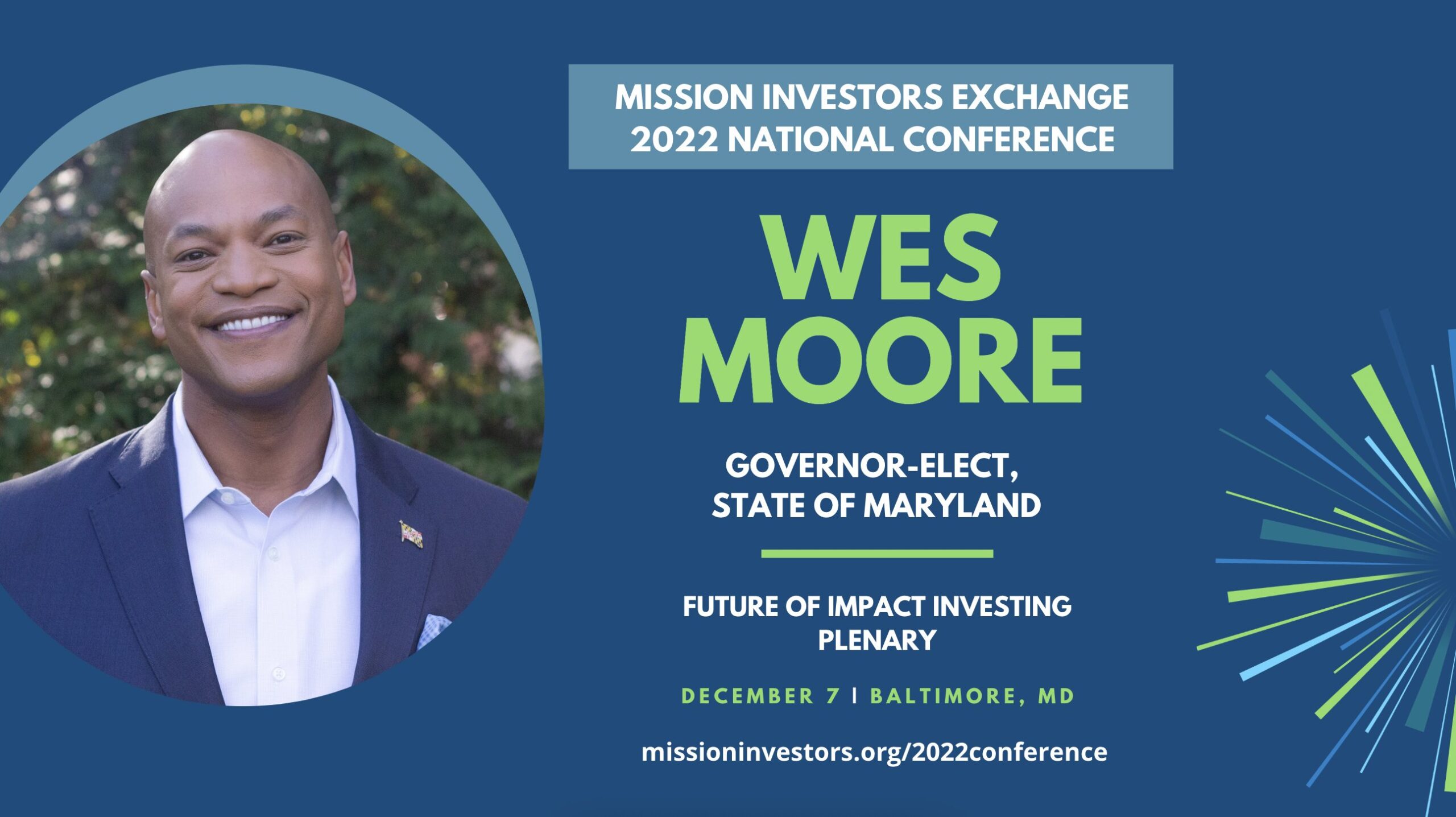Rodney Foxworth, CEO of Oakland, Calif.-based Common Future, gets personal in conversation with host Monique Aiken in the latest episode in The Reconstruction, the new podcast series from ImpactAlpha.
“A range of things that one experiences as an African-American in a place like Baltimore, I experienced them,” Foxworth says. As a third-grader, for example, he was accused of cheating by a teacher “who believed simply because I was a Black boy that I could not read.”
An avid and able reader, he learned a lesson about persistent patterns of discrimination when his mother discovered that many other children also had been targeted. He learned an even more important lesson when his mother organized other parents to expose the racist practices, “and demonstrated what it meant to actually be able to not just protest, but actually affirm our own brilliance and our ability as black people and other people of color folks who have been discriminated against.” The teacher was dismissed.
In their conversation, Foxworth and Aiken range from the need to confront power itself to possibilities for reparative investing to empathy in a time of division.
Reparative investing builds on the concept of restorative economics developed by Nwamaka Agbo, now CEO of Kataly Foundation, and others, and acknowledges the harm done over not just recent years, not just decades, but over centuries.
“For me, it always starts with who has the power? How can that power get disrupted?” Foxworth tells Aiken. “And how can more people, particularly those who have been most adversely impacted by these challenges, actually have power and can assert that power for themselves?”
Building new systems, Foxworth says, requires “a reckoning with how white supremacy and patriarchy, by supporting those systems, weakened all those other systems, weakened democracy, weakened our political apparatus, weakened investments into infrastructure, weakened our ability to really take on climate issues.”
Foxworth has led Common Future, the 20-year-old network of local leaders formerly known as BALLE), since 2018. At the start of the pandemic, Common Future moved quickly to deploy about $5 million in capital through its network. A year later, Common Future is stepping fully into its role as a capital intermediary with two funds.
In its $800,000 pilot stage, Common Future’s Character-Based Lending Fund will offer loans averaging $30,000 apiece to BIPOC entrepreneurs in Minnesota, New Mexico and Ohio. Interest rates on the loans, with terms of three to six years, will range from zero to 3%. Most importantly, no credit checks or collateral will be requested of prospective borrowers, which will be referred by three organizations in Common Future’s network.
A separate Community Investment Fund, seeded by $1 million from Common Future, “to make mission-aligned investments that serve as proof of concept and models for how reparative and non-extractive investments can be accomplished.”
Foxworth recognizes the leadership of allies and mentors who have informed Common Future’s work, including Aaron Tanaka of the Center for Economic Democracy in Boston, Native Women Lead’s Vanessa Roanhorse and Runway Project’s Jessica Norwood (see, “‘Believe in you’ money for black entrepreneurs”).
Drawing on the work of adrienne maree brown, Aiken asks Foxworth what it means to be a good ancestor, and what characteristics are called for in constructing ‘the next normal.’
“Deeper empathy” is Foxworth’s response.
“And I don’t say this in a way to let off folks who have problematic ideas, and wield power in really problematic ways,” he says. “However, I think without empathy, it’s impossible for us to move forward … particularly when you think about coalition building, this multiracial coalition-building that I think is so important. Having an understanding of where we have the shared experiences, and how that can pull together.
“Empathy I think is so critically important for us to be able to actually move anything forward.”
This podcast is part of ImpactAlpha’s new podcast series, The Reconstruction. Host: Monique Aiken. Editor: David Bank. Producer: Isaac Silk. Special thanks to Lyneka Little and Cesar Chavez.
Find episodes of The Reconstruction podcast, and all of ImpactAlpha’s coverage of racial justice and inclusive prosperity, on The Reconstruction landing page.

